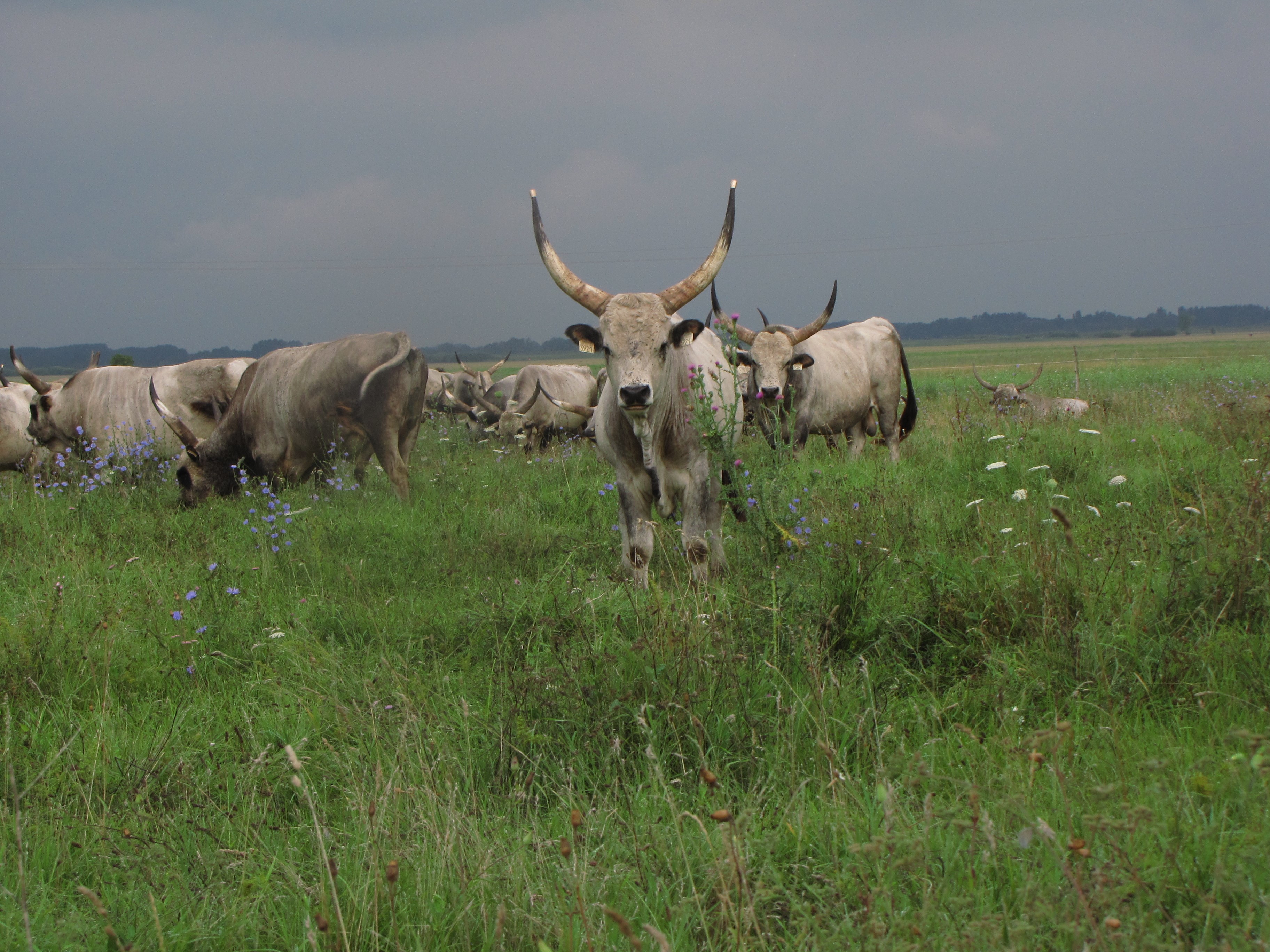28.05.2019: Zsolt MOLNÁR (Vácrátót, Hungary): Traditional herders modify both livestock and researcher behaviour: knowledge co-production for better management of species-rich grasslands, HS 31.11, Institut für Biologie, Bereich Pflanzenwissenschaften, Schubertstraße 51, 17.00 Uhr
Traditional landscape stewards often manage and use biodiversity to produce food for the wider society. Traditional herders (one of the most common types of landscape stewards of species-rich grasslands in our region) possess a deep understanding of the livestock, its behaviour, the forages of their pastures, and the relations of livestock and plant species. Herders who keep their animals on species-rich pastures in protected areas also learn a lot from nature conservation, often through conflicts but also ever more often through cooperation and knowledge co-production with conservation rangers and scientists. Thus, traditional herding in a nature protected area is a precious opportunity as two knowledge systems meet here: Western Science and traditional/indigenous knowledge. We made knowledge co-production with herders at Kunpeszér, Kiskunság, Hungary in 2015-2016 and documented the grazing desire of beef cattle towards 117 plant species in various species-rich grasslands by visual observation of livestock behaviour. Many elements of these practices have potential conservation benefits, e.g. through avoiding under- and overgrazing, and targeted removal of pasture weeds, bushes, invasive species and litter. We argue that knowledge co-production could help develop innovative conservation management practices of species-rich grasslands.
